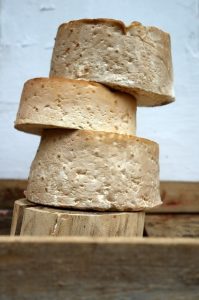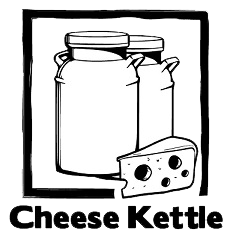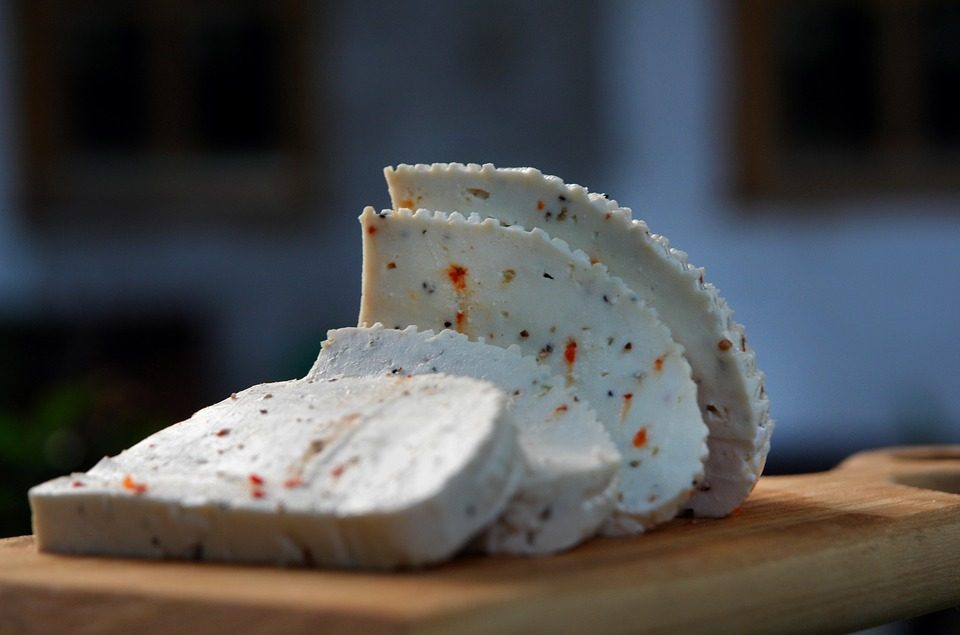Imagine the burst of that tangy and creamy cheese flavors as you take a bite of your well-loved cheeses from your cheese board. The more flavorful the cheese, the more consumers love them. One main factor affecting the flavor of cheese is the kind of milk used to make it. Advocates of raw milk stand that raw milk cheese is better tasting and has more nutrients; thus fighting for their right to snack.
The debate continues between raw milk advocates and food safety experts over drinking raw milk and using raw milk in cheese making; so the question remains: is raw milk cheese dangerous or delicious?
What is Raw Milk Cheese?
Simply put, raw milk cheese is made with unpasteurized or raw milk. Some artisanal cheese producers and cheese lovers prefer it because of its firm, oozy, creamy and sometimes crumbly taste. Long before the discovery of pasteurization, raw milk has been the prime ingredient for cheese, producing a flavorful, aromatic and unique array of cheese.
Is Raw Milk Cheese Delicious?
Pasteurization guarantees safe and consistent tasting cheese. With raw milk, the cheese flavor can be surprisingly different every time. Bacteria is essential in cheese making. Raw milk leaves all the farm’s bacterial cultures, contributing to a more flavorful cheese. Raw milk cheese also imparts “terroir”- that unique and wonderful characteristic of the land in which the cheese is made.
Does Raw Milk Cheese Taste Better?
When milk is pasteurized, the good bacteria and some naturally occurring enzymes are denatured or destroyed by heat. This makes the cheese lose that flavor building foundation. In several taste tests with several cheeses, results have been in favor of raw milk cheese. However, this doesn’t mean that cheese made from raw milk has a superior flavor to cheese made from pasteurized milk.
Raw milk is a way of introducing flavor, but it isn’t the only way. There are also cheeses made with pasteurized milk that have swooning flavors. There are types of cheese that respond to raw milk, and there are those that don’t.
Safety Concerns Over Raw Milk Cheese

Raw milk contains many bacteria. Though some of these are beneficial to cheese making, a good number of them are harmful to human beings. Salmonella, Listeria and E.Coli can linger in the cheese after processing. This puts pregnant women, children and the elderly at fatal risk. To protect consumers, governments have required the standardization of milk before turning it to different dairy products.
In recent years, however, small-scale artisan cheese makers and fans of raw milk cheese had been promoting traditional methods of cheese production, which include using unpasteurized milk. Artisan cheese makers believe that there is no need to be fearful of raw milk cheese, provided that the cheese is aged at a minimum of sixty days.
The cheese-making process may start with raw milk, but it doesn’t finish with raw milk. The process of cheese making ensures safety. Cheese makers use bacterial cultures to lower the pH to where, in certain cheeses, pathogens can’t grow. At the early parts of the cheese-making process, the curds undergo heat treatment, so that gives an equivalent level of safety if the products were made from pasteurized milk.
Another important safety practice of raw milk cheese makers is the use of high-quality milk. Quality raw materials produce excellent quality cheese products. It is also very crucial that cheese makers pay attention to the microbiological quality of the raw milk to ensure consumer safety.
Food safety experts, however, argue that some harmful pathogens still linger in cheese even after the 60 day aging period. Some types of cheese also need less than 60 days of maturation to achieve the targeted product quality.
Despite the ongoing debate over the use of pasteurized or raw milk over cheese making, in some countries, using raw milk to make cheese is acceptable. Countries like France, Spain and Italy have been making cheese using raw milk. In Australia however, pasteurization is a law and only few cheese makers have been given the permission to produce raw milk cheese under the condition that the cheese have to mature for a certain period of time.
Final Thoughts
In choosing artisan cheese, it is better to be a proactive consumer. Ask your local cheesemonger to share their favorite pasteurized and raw milk cheese with you, so you can decide for yourself which one suits your taste best.
Related Articles
If you want to learn more about cheese-making and pasteurization, these articles are helpful.
Essential Equipment in Cheesemaking
Important Steps in Cheesemaking
Are You Planning to Start an Artisan Cheese Business?
We can help you. At Cheese Kettle, we believe that quality dairy products come from vast knowledge, skills, techniques and high quality equipment. We offer consultancy and full engineering services so you can produce the best cheese and other dairy products. Contact us today so we can talk about your cheese making needs.
We also have cheese making tools you can use to make cheese at home- from cultures to cheese hoops!. Visit our shop today.

